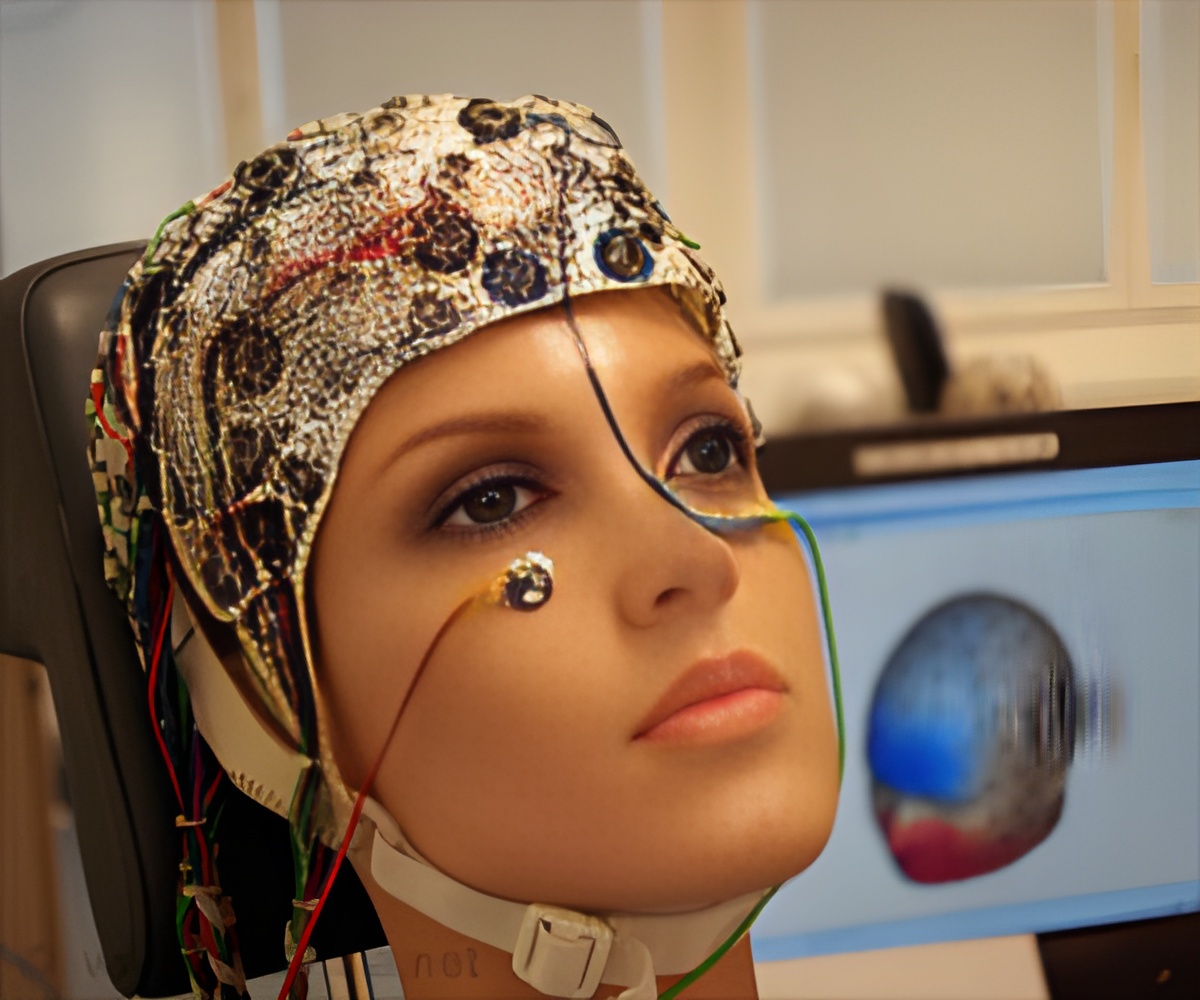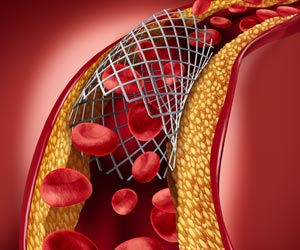Early diagnosis of Alzheimer’s disease can soon become a reality to help the individuals who develop the disease in the future.

‘Early diagnosis of Alzheimer’s disease can soon become a reality to help the individuals who develop the disease in the future through pioneering EEG tests.
’





It constitutes 60% of dementia, with 5-7% of the prevalence rate in European and North American population. In addition, the disease costs £26 billion a year to the UK economy. The study team utilized a new method to passively measure the brain activity of the patients by looking at a series of flashing images on a computer over two minutes, whilst their brain waves are measured using an EEG cap.
The Fastball EEG technology
It was found that this ‘Fastball EEG’ technology is highly effective at picking up small, subtle changes in brain waves, which occur when a person remembers an image. Moreover, it is also cheap, portable, and relies on pre-existing technology.
Presently, the Alzheimer’s diagnosis is predominantly done using a combination of subjective and objective reports of cognitive decline. However, by knowing more about people’s disease at an earlier stage drugs can be prescribed earlier when they may be more effective.
Advertisement
The study team future anticipates that the Fastball EEG could help lower the age of diagnosis by up to five years. This forms a great leap as a viable clinical tool for early AD diagnosis.
Advertisement
Source-Medindia













